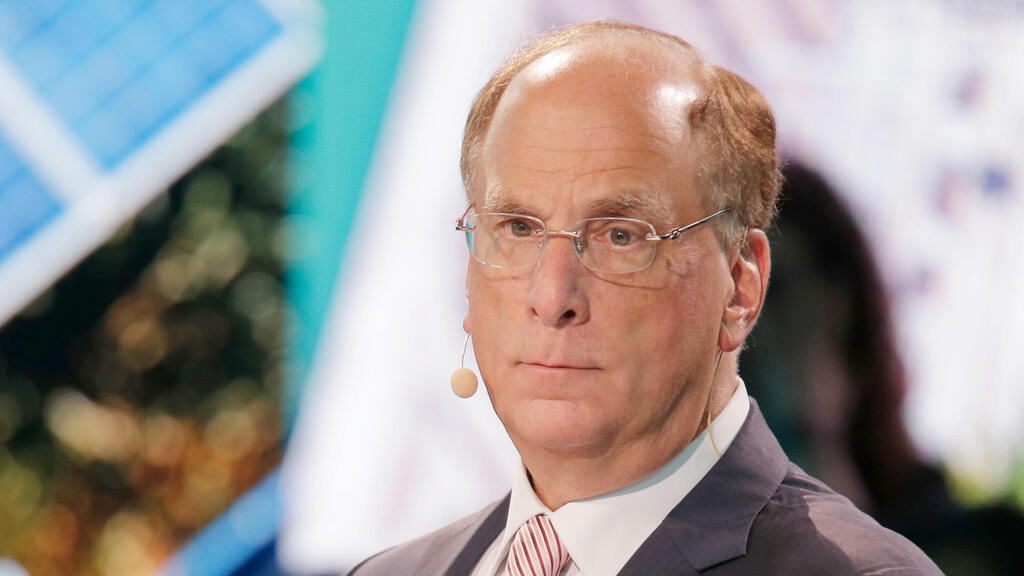
Can BlackRock finally break down the SEC's objection to a bitcoin ETF?
BlackRock's positive track record of gaining SEC approval for similar products and the "surveillance-sharing agreement" between different exchanges it has suggested to pacify regulatory concerns have led some commentators to believe that the largest asset manager in the world will succeed where all previous applicants failed
Earlier this month, BlackRock, the largest asset manager in the world, with approximately $10 trillion under management, applied to launch an ETF (Exchange-Traded Fund) that tracks Bitcoin. If the request is approved, it will allow institutional investors to gain exposure to the cryptocurrency without actually purchasing it.
Over the past six years, the U.S. Securities and Exchange Commission (SEC) has repeatedly denied such requests, even from large and well-known institutional players like Kathy Wood's technology-focused hedge fund firm Ark. Grayscale, a major player in the crypto market, even sued the SEC last October for refusing to approve a similar product. While it is still unclear whether BlackRock will receive the long-awaited approval, the mere possibility of institutional entities investing in the asset caused the price of bitcoin to increase by about 15% to a one-and-a-half-year high, surpassing $30,000. However, the current price is still about 53% lower than the currency's all-time high of over $65,000 in November 2021.
According to the application submitted to the SEC, BlackRock's iShares Bitcoin Trust fund will utilize the platform of the American trading exchange Coinbase and its Coinbase Custody services. If approved, the ETF is expected to be traded on the Nasdaq. BlackRock, whose founder and CEO Larry Fink once referred to bitcoin as an "index for money laundering" and claimed that the company's clients had no interest in the field, took a different approach in the summer of 2022. BlackRock established a connection with Coinbase to allow its private clients access to the crypto market, citing growing customer interest in the field in a letter to investors.
BlackRock is an investment house that manages money for the general public worldwide. In Israel, operations are managed by Anath Levin, former deputy CEO of Bank Hapoalim and a senior executive at Clal Insurance and Migdal Insurance. BlackRock offers investors a wide variety of products, including many passive ones like ETFs. Additionally, it manages hedge funds, private equity funds, and debt funds.
BlackRock has made its move at a time when the crypto market is trying to recover from months of distress. Last summer, several companies in the industry went bankrupt, leaving investors without access to their funds. Furthermore, BlackRock's ETF application comes after the SEC's recent enforcement actions against Binance and Coinbase for various securities law violations and, in some cases, defrauding investors.
Interestingly, the man who once mocked bitcoin, Larry Fink, has now become the darling of the community, or at least significant parts of it. Galaxy Digital CEO Michael Novogratz, a long-time crypto investor, expressed that the launch of BlackRock's ETF "will be the best thing that could happen to bitcoin."
An ETF on bitcoin would provide exposure to the currency without actual ownership. Instead of cumbersome purchases or using dubious platforms, investors would be able to buy shares that track the asset's price. For the past six years, the SEC has rejected requests to create such funds, except for those related to futures contracts. The SEC's rejections are based on various reasons, but a consistent and central concern is the potential for price manipulation on unsupervised platforms. The SEC has cited evidence of fake trading (wash trading) in the market and the ability of large players to manipulate bitcoin's price for personal gain. The lack of supervision and transparency in the crypto market makes it challenging for the SEC to monitor and detect fraud. Approving the requested ETF would raise concerns about investor protection.
BlackRock addresses the SEC's concerns through a "surveillance-sharing agreement" between different exchanges, which is a first-of-its-kind effort in the crypto field. This, combined with BlackRock's positive track record of gaining SEC approval for similar products, leads some commentators to believe that BlackRock has a higher chance of success compared to previous applicants.
BlackRock's move aligns with a trend of increasing institutional involvement in the crypto market. Last week, hedge fund Citadel, financial giant Fidelity, and investment bank Charles Schwab launched EDX Markets, a new crypto exchange targeting established players seeking distance from regulatory enforcement issues. Unlike traditional crypto exchanges, EDX does not offer custodial services, meaning it does not hold cryptographic assets itself. Instead, it serves as a platform where parties agree on prices and close transactions. Compared to existing exchanges, which have been associated with frauds and scams, EDX aims to reduce risk by trading only four cryptocurrencies that the SEC has not classified as securities.
Deutsche Bank also made a move into the crypto market by applying for regulatory approval to operate a custody service for digital assets, including cryptocurrencies. The German bank aims to diversify its sources of income after already signaling its interest in the crypto market in 2020.














